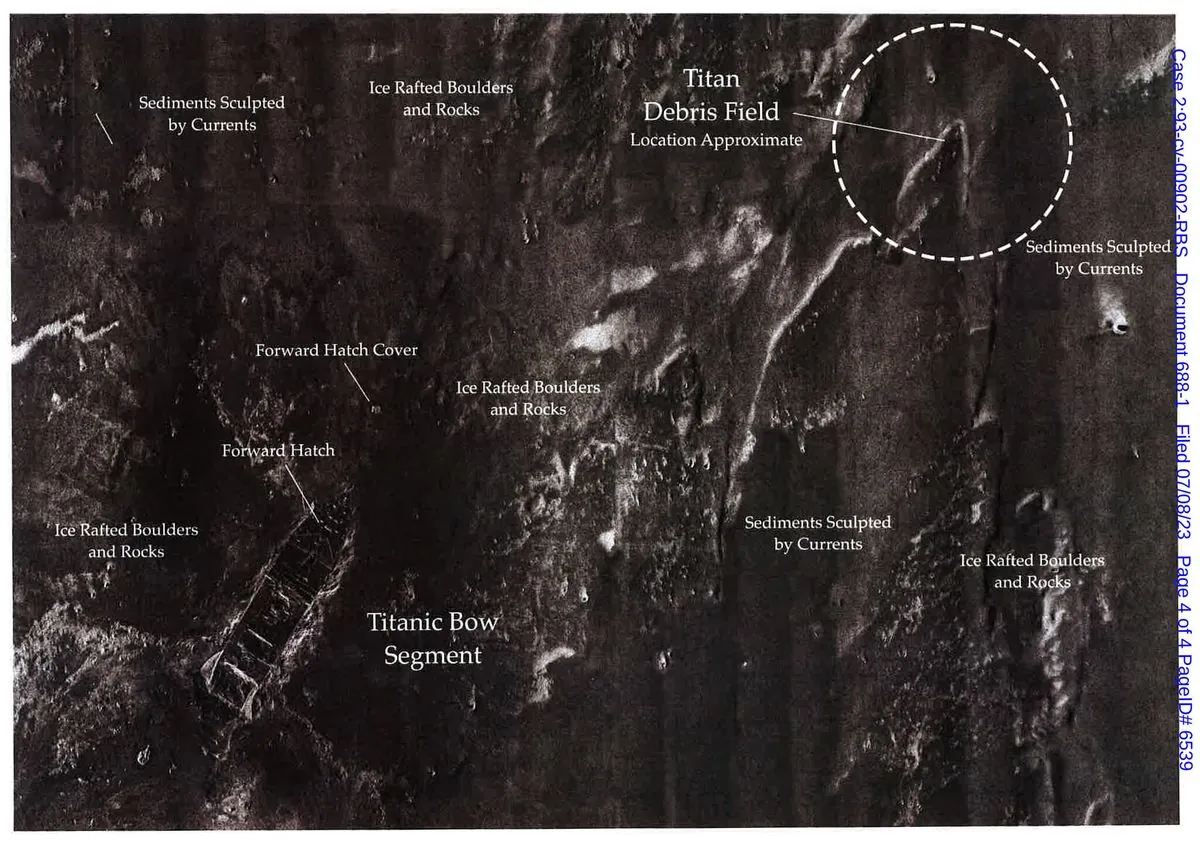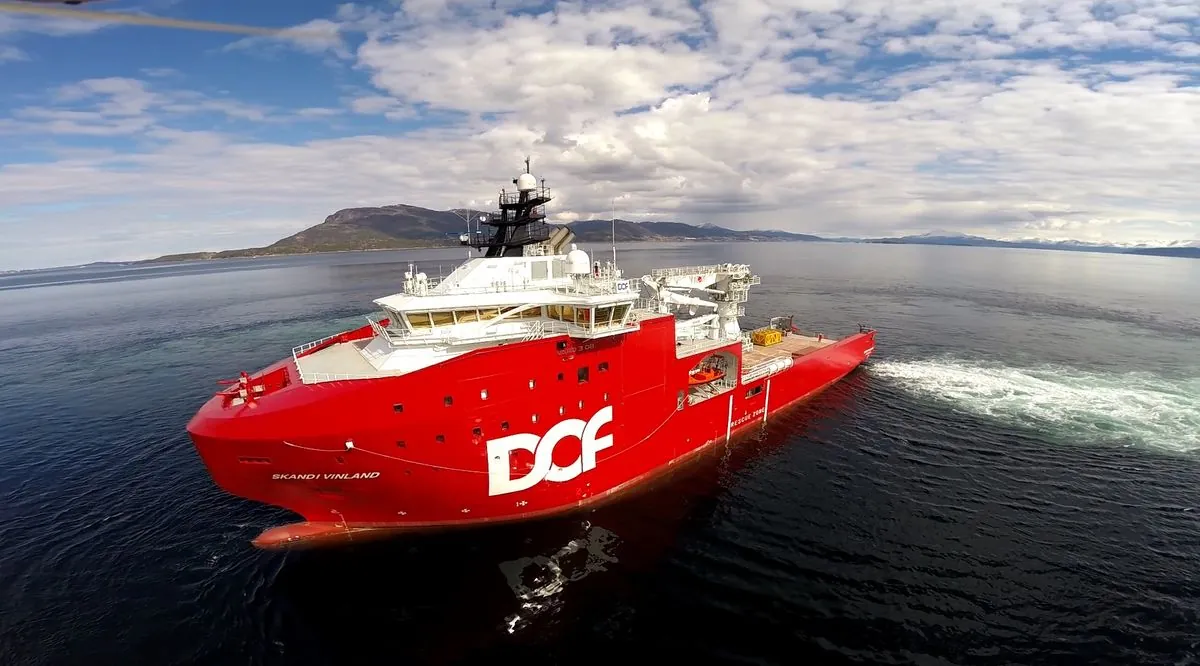Former OceanGate Employee to Testify on Titan Submersible Safety Concerns
David Lochridge, who previously labeled the Titan submersible unsafe, is set to testify before U.S. Coast Guard investigators. The hearing aims to determine the cause of the fatal implosion that occurred during a dive to the Titanic wreckage.

The U.S. Coast Guard investigation into the tragic Titan submersible incident is set to continue with a crucial testimony. David Lochridge, former operations director at OceanGate, is scheduled to provide his insights regarding the safety concerns he raised about the experimental vessel prior to its fatal voyage.
The hearing, which began on September 16, 2024, aims to uncover the factors that led to the Titan's implosion during its descent to the Titanic wreckage approximately 1 year and 3 months ago. This incident resulted in the loss of all five individuals on board, including Stockton Rush, OceanGate's co-founder.
Previous testimonies have shed light on the company's operations. Tony Nissen, OceanGate's former engineering director, reported feeling pressured to prepare the submersible for dives. He stated, "I'm not getting in it," when asked about piloting the vessel. Bonnie Carl, who previously managed finance and human resources at OceanGate, confirmed that Lochridge had described the Titan as "unsafe."
The Titan's final communication on June 18, 2023, included a message stating "all good here" before contact was lost. Rescue efforts were launched, covering an area about 435 miles (700 kilometers) south of St. John's, Newfoundland. The submersible's remains were eventually located on the ocean floor, approximately 330 yards (300 meters) from the Titanic's bow.

"The Coast Guard does not comment on the reasons for not calling specific individuals to a particular hearing during ongoing investigations."
This statement was made in response to inquiries about the absence of Wendy Rush, the company's communications director and widow of Stockton Rush, from the witness list.
The investigation has brought attention to the challenges of deep-sea exploration. The Titanic wreck lies at a depth of about 12,500 feet (3,800 meters), where the pressure reaches approximately 6,000 pounds per square inch. This extreme environment poses significant risks to submersibles and their occupants.
OceanGate, which has suspended its operations, stated that it is fully cooperating with the ongoing investigations by both the Coast Guard and the National Transportation Safety Board (NTSB). The company currently has no full-time employees but will be represented by legal counsel during the hearing.
The Marine Board of Investigation, the highest level of marine casualty investigation conducted by the Coast Guard, will submit recommendations to the Coast Guard's commandant upon conclusion of the hearing. This process, along with the NTSB's separate investigation, aims to improve safety standards for future deep-sea exploration endeavors.
As the inquiry continues, it serves as a reminder of the importance of rigorous safety protocols in extreme environments. The Titan incident has sparked a global conversation about the future of private undersea exploration and the need for stringent regulations to prevent similar tragedies.


































